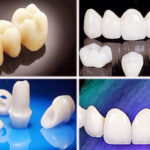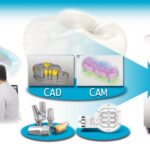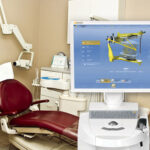- Your cart is empty
- Continue Shopping
Dental Labs: A vital key to dentistry success
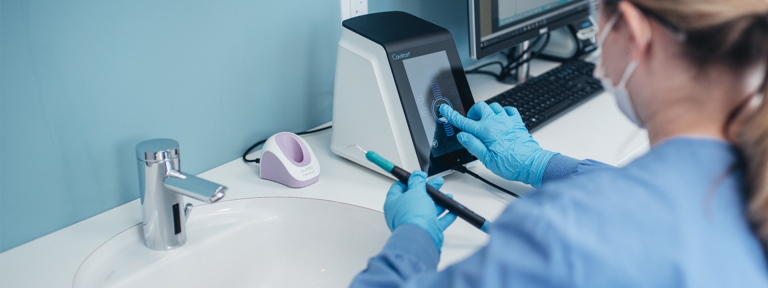
Dental laboratories have evolved over the years from a mere restorative factory to the forefront of new equipment. Most dental graduates have little knowledge of dental labs. However, this can lead to the underutilization of new technology resources in dentistry. The top priorities for companies are proper processing of equipment, correct choice of the equipment, and innovative clinical support.
Laboratories are ample to educate and support technicians when they understand the different materials and equipment in the industry. Most dentists leave technicians to choose the specific material and brand to use on patients. Dental labs play a crucial role in the industry and must realize so. Dentists are better placed to provide good service when they are well-versed with the dental lab technologies.
Dentists need to recognize the importance of working in concert with dental laboratories. They need to consider dental labs as part of the education and treatment plans of the patient. Dental labs provide crucial advice and input to dentists. Dentists need to be better versed with the technology that their clients use. Educated dentists on the matter to do with dental lab technology communicate better with dental laboratories and achieve greater success in the industry.
So, what do dentists and dental laboratories need to know and learn about dental laboratory tools and dental lab material?
- Teaching and educating dental laboratories about new products
Dentistry is emerging into a new era of technology. Manufacturers need to educate dental lab technicians on the various dental lab tools and dental lab materials. Any new product launched must be explained to laboratories. For example, patients that need partial dentures fixed, inlays, bridges of crowns created, need to use dental zirconia blocks. This is easily achieved when both parties are educated on the product and how it works.
When a new product is launched, there should be enough information on how the product works. The technology in the dental industry exists for the sake of the customer. Proper training needs to be provided for customers, owners, and laboratory technicians. The training needs to focus on how to use the product and more on how to better service to customers. When technicians are educated, they are better placed to perform excellent service.
Patients need to be educated on the expectation of using a specific dental product. The process of educating laboratories comprises multiple information layers. There needs to be a lot of training and sharing. The industry needs the necessary tools to compete and ensure excellent service. There need to be courses combined with conferences to ensure the information on any new product gets around to all parties.
- The role dental labs play in product development and testing
Laboratory owners and technicians play a crucial role in product development and testing. Manufacturers need to visit laboratories and gather as much information as possible on new dental lab tools. They need to manufacturer products that laboratories need and use. The growth of the dentistry industry is not supported when products manufactured are not needed.
The success of any dental lab material or product is dependent on how dental labs use it. Products and materials developed for dental use must serve the real end-user. It makes sense to get real feedback from the end-user in the development process of these products. The dentistry products must not be country-centric. For example, there are thousands of dental zirconia blocks on the market. The dentist will recommend their use based on their assessment of the patient. However, the technology of lab technicians on these products is essential in the success of the treatment procedure.
The input from technicians is quite important in the success of any dental procedure. This is not just for the products and materials on the market but also for new products in the pipeline. In fact, it has been shown that some dental laboratories can help in the formulation and processing of a new product. They also come in handy on any pilot product before the official launch.
- Dental laboratories acting as gatekeepers of new product information
Are dentists informed and aware of new dental products on the market? There are varying views among dental labs on how well dentists are informed of new products. It is upon clinicians to seek and become informed on new restorative products on the market. However, most dentists are well-informed of new products in the market. For example, most dentists know and understand material dental zirconia blocks. However, there are instances where dentists might call technicians and ask about the pros and cons of different blocks. They can also seek to learn of the differences between the different blocks and the advantage of using one over another.
However, there is a different view where most laboratories feel like some dentists are not aware of new products currently available on the market. Furthermore, such products might be a better alternative to what dentists know. There is the usual confusion of mixing different brands. This can be due to the marketing literature used on these products. It is true that dentists don’t keep up with new products in the market. Instead, they rely on sales representatives and laboratory technicians.
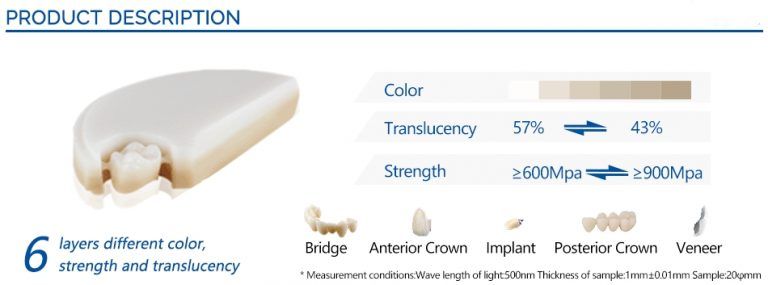
There are several factors that determine how well a dentist is informed on a new product. This is why they need to work in concert with laboratories. The number of years a dentist has been in service also plays a crucial role. Younger dentist graduates are better placed to follow the market trends and understand new products. They can learn about new trends and technologies from journals and dental trade shows. However, not most dentists follow up on such shows and journals.
This leaves dental laboratories as the greatest source of information for new products. Dental labs know more about dental products because they use them daily. A laboratory is turning out to be the technical consultant of a dentist. This relationship must be built to ensure success in the industry. Dental labs have the advantage of working with many clinicians who create treatment plans and prescribe the products. The relation between dental labs and dentists is invaluable and one that must be maintained. Most dentists are familiar with a few well-known brands. However, they are not well served with the wide range of products on the market. It is important for dentists to understand the various products and their advantages and indications.
- Sharing knowledge
With the advent of new CAM products, sharing information with dentists is crucial. The end result is to choose the best restorative product for the patient. Products have aesthetic and material differences that dentists need to understand. This will help choose the best restorative product possible. Every case treated should come out positive without patients coming for a second or third treatment. Labs need to take note of any new materials and products and how they perform. They then need to update their dentists on the latest information and advice them on what they think is the best solution.
In some cases, more than one product might be needed for a complete restorative process. Knowledge sharing by laboratories is crucial part labs play in the industry.
- Laboratories and their effort in educating dentists
Laboratories should routinely conduct seminars for dentists. The synergistic relationship between dental labs and dentists is important for the success of the industry. Their dentist clients must be educated on a more regular basis to keep up with the latest technologies. Different products and materials can be taught at different seminars.
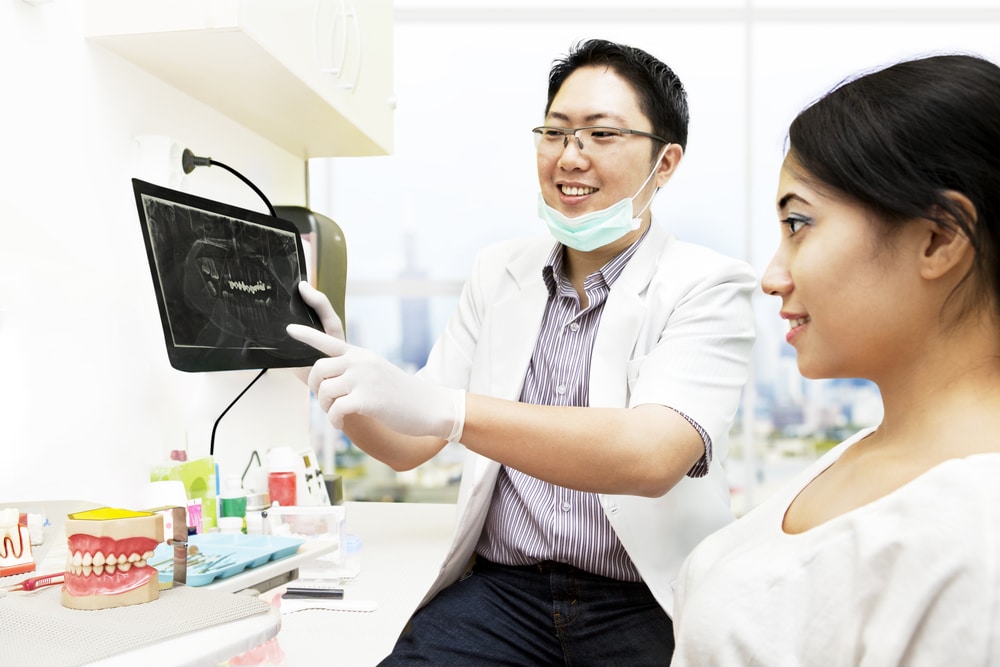
Overall, the relationship is collaborative and starts with doctors sending in requests for a specific dental lab tool. In most cases, they might seek advice on the available options, pros, and cons of each product. This then creates a relationship which should last as dentist become regular clients.
Laboratories should also take steps to educate and provide information on new products. Learning and communication on cases need active participation by both parties.
References
https://www.aegisdentalnetwork.com/id/2009/09/dental-labs-a-vital-key-to-your-success
https://www.ada.org/en/education-careers/careers-in-dentistry/dental-team-careers/dental-laboratory-technology
https://pubmed.ncbi.nlm.nih.gov/15005440/


